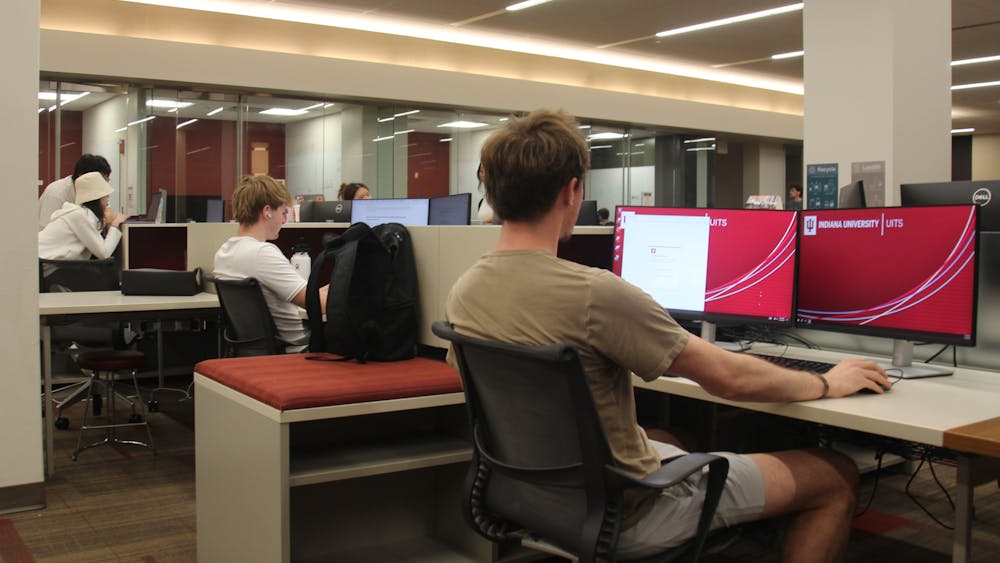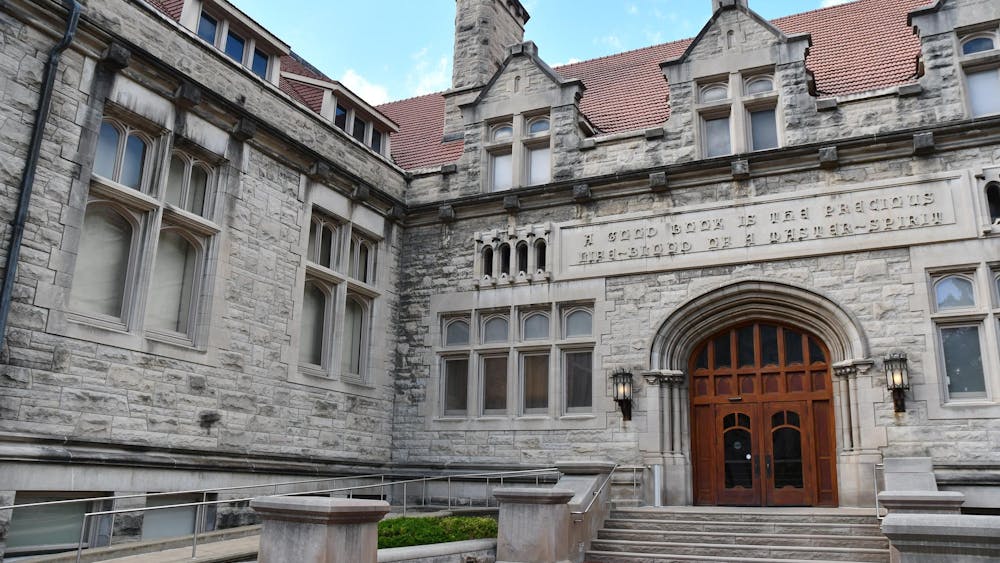I’ve always been a skeptic about how technology has the potential to solve all basic human problems.
A friend of mine who majored in informatics was much more optimistic. And of course when we would argue, his arguments were always more convincing.
He would give examples of how technology has improved our lives and solved our basic problems.
And I, the humanities major, would give a generic objection. I argued that the problems more central to human life were not ones that technology could solve.
But I struggled to give an example of such problems. Even when I came up with death and loss, he would argue for the possibility of immortality through technology.
A story in the news Tuesday reminded me of this argument.
A Connecticut man, Kyle Seitz, was charged with negligent homicide for the death of his 15-month-old son. He had left his son in the car for more than seven hours on a hot July day. The child died of hyperthermia.
As a result of the unfortunate accident, Seitz’ wife has become an advocate for technology that can help prevent people from accidentally leaving children in cars.
As tragic as the incident was, I could not help feeling a sense of repulsion. It just seems incredible that we need technology to help prevent us from accidentally killing children.
I mean, I sympathize with the Seitz family. Their loss must have been devastating. Because these accidents are completely preventable, it makes sense that the mother would want to prevent similar tragedies from ?reoccurring.
More than three dozen children die of hyperthermia annually in the United States, according to the New York Times. This is not a small number, given how preventable such incidents are.
But I am uncomfortable with accepting that accidentally leaving children in cars in dangerously high temperatures are accidents that just happen.
When one decides to become a parent, there are specific obligations and responsibilities that one agrees to engage in. These are not just things people can rid themselves of through some fancy ?technology.
Though you can argue that by advocating for technology that helps prevent people from leaving children in their overheated cars, the mother is exhibiting an awareness of her responsibilities as a parent, I cannot see how this can possibly be true.
It does not require technology for people to know they should not leave their children unattended in an overheated car for seven hours.
To ask technology to tend to such basic responsibilities would indicate a dependency that’s contrary to what it means to be an individual free agent — a human being.
In other words, no amount of technology can make up for one’s irresponsibility as a parent.
So about the debate between me and my friend: I guess there are things technology cannot solve after all.
nywu@indiana.edu





